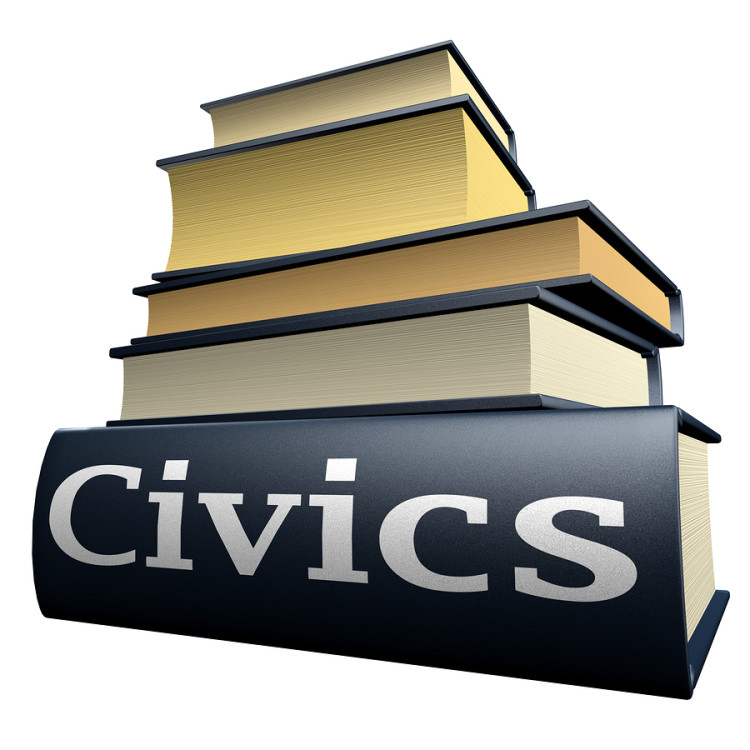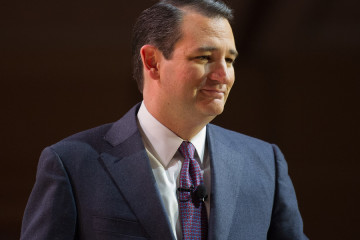*Democracy Comes 2nd as Middle-School Kids Flunk Civics

©2015 Bloomberg News
NNLDKT6JIJUV
(Bloomberg) — More than half of U.S. eighth-graders say Americans believe the U.S. government should guarantee them a job when they grow up. That’s one of the findings of a federal test of children’s knowledge of history, civics and geography. Only 32 percent correctly answered the question about a belief shared by most people in the U.S. The right response: the government should be a democracy. Eleven percent said citizens favored a single political party and 6 percent, an official religion.
The results of the 2014 test, called the National Assessment of Educational Progress, were released Wednesday as Congress is considering replacing the federal testing law known as No Child Left Behind, which President Barack Obama and others blame for promoting too tight a focus on math and reading at the expense of other subjects. History, civics and geography, essential for preserving democracy and the U.S. role in world affairs, “may not be getting the attention they need,” said Roger Beckett, executive director of the Ashbrook Center, an Ohio nonprofit organization that provides educational programs for history teachers.
Only about a quarter of children scored at a level considered proficient, or above, in history, civics and geography on the test, often called the Nation’s Report Card. That was essentially unchanged from 2010, the last time the tests were given. By comparison, one-third of children showed proficiency in math and reading, according to Peggy Carr, acting commissioner of the National Center for Education Statistics, which oversees data collection and analysis for the test.
Complex World
“The world is growing more complex,” Michelle Herczog, president of the National Council for the Social Studies, said in a statement. “Low scores and lack of student growth in these subjects point to a need for immediate action.”
More than 29,000 eighth-graders across the country participated in the history, civics and geography tests. Because of budget cuts, the government didn’t assess fourth- and 12th- graders, as it did in 2010, Carr said.
In one civics question, students were asked to interpret a graph showing longer life expectancies in wealthy countries, compared with poorer ones, and explain why. Only 6 percent completed both parts of the question correctly, while 16 percent gave an “acceptable” reply.
Students were also queried about what tools they used in classrooms. Only 64 percent said they read material from a textbook at least once a week, down from 73 percent in 2010. Use of computers in social studies or history classes increased to 25 percent, up from 18 percent four years earlier.
In a bright spot, the lowest-performing children performed better in the three subjects than they did four years ago, narrowing the gap with top students, Carr said. Hispanic students, who made up 26 percent of those taking the test, up from about 8 percent in the 1990s, are also catching up. “The gaps are closing,” she said.
To contact the reporter on this story: Laura Colby in New York at lcolby@bloomberg.net To contact the editors responsible for this story: John Hechinger at jhechinger@bloomberg.net Chris Staiti
_________________________________________________
Civics education is so important and has been neglected in favor of an agenda of bashing traditional American values–W.







No Comment